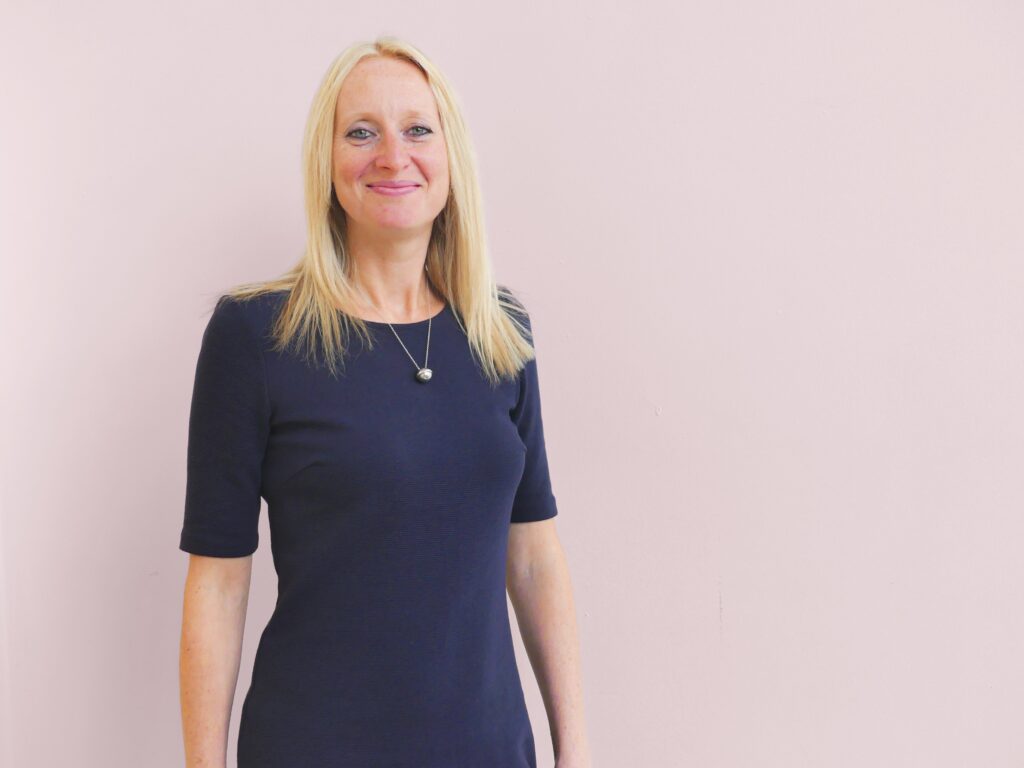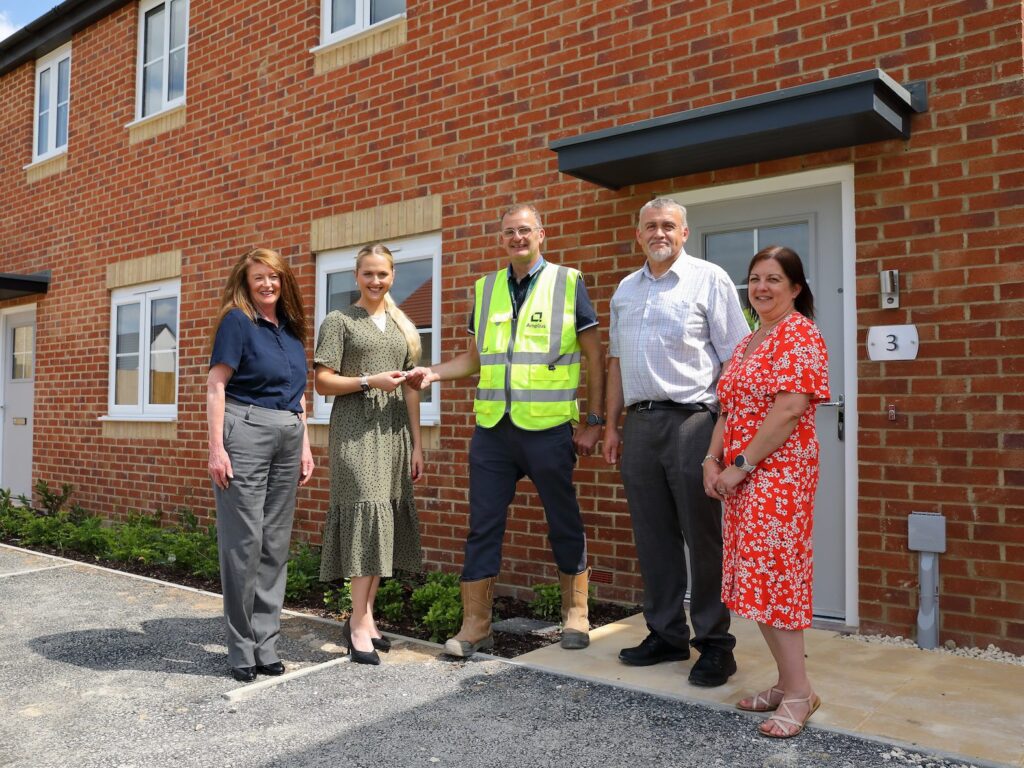A collective dream held by many in life is to acquire a home. A home is the representation of many things that portray great value. It can represent our growing success, a place for shelter and support, and a place that unites family through memories. Because of this, many desire to move out and own their own property. However, in recent years acquiring a property has been increasingly difficult, especially for young individuals. However, the purchase of a home cannot be achieved without the necessary finance and the financial understanding of how to pay for a house. In order to even consider buying a house, you need to save a substantial amount of money for a down payment and also have good credit if a mortgage is required, which in most cases it is. You also have to consider how long you desire to stay in that house, with a minimum of 5 years being the best amount of time in order to earn financial equity; whilst considering any potential repairs that may need to be done to a property. It is safe to say that securing a house is no easy feat; it has seemingly always been an expensive yet complicated process.
But in the past decade, it seems that getting a home has been harder than ever. With a recent study that showed that 17.8% of adults aged 25 to 34 are still living in with their parents, questions are raised as to what has caused this major increase in individuals not leaving their family homes? There are many reasons that have contributed to people’s inability to buy a house, one of them being that the average house price in the UK was estimated to be £256,000 in July 2021, meaning that the total cost of housing has risen by £19,000 since July 2020. With other factors such as austerity policies, credit crunches, and the pandemic, sadly many individuals are barely able to obtain small scale purchases let alone obtain a mortgage. This is clearly having a devastating impact on homebuyers as well as the housing industry, meaning that alternative methods of financing are becoming increasingly popular. With all that being said it’s time to assess these alternative finance loans, their perks and downfalls, and what factors have pushed them into becoming so popular.
Mortgages and their disadvantages
Before we look at these alternative financing, it is important to assess what factors make it harder for an individual to acquire a mortgage and why recently these factors have become increasingly targeted and problematic for new buyers. First, let’s quickly outline the obvious, what is a mortgage? A mortgage is loan to take out a property or land. The loan is secured against the value of the property until it has been paid off. As mentioned prior, houses are expensive and it’s very rare to find people who have the capability to pay a house off in its entirety. Therefore, mortgages are great for individuals to secure a property without having to locate a vast sum of money that only a small percentage of the population will have the luxury in possessing. Part of your monthly loan repayment will go towards paying off your mortgage balance and part towards the interest on the loan. A mortgage in the UK usually varies depending on the householder’s income, the property value, and the deposit that is being put towards the home.
Read the full article in our Novmeber-December issue here: Show Home (pagesuite-professional.co.uk)
Media contact
Roshini Bains,
Editor, Showhome Magazine
Tel: +44 (0) 1622 823 922
Email: [email protected]











